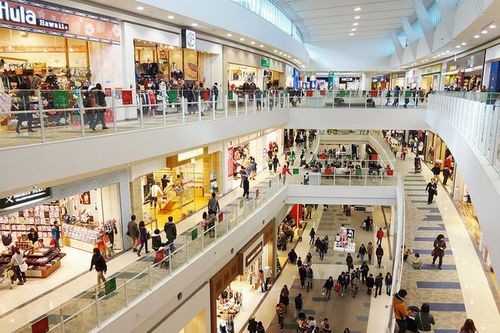May 10, 2014
Purchase of Eco-Goods Depends on Eco-Stress, Survey Finds
Keywords: Others

Image by Dick Johnson Some Rights Reserved.
Asatsu-DK (ADK) Inc ., a major advertising agency headquartered in Japan, announced on January 27, 2014, the results of a survey focused on what it calls "eco-stress," a mental state preventing up to 30 different kinds of eco-conscious behavior. The results showed that participation in eco-events, car sharing, and the installation of a photovoltaic power generation system, for example, give people a high level of eco-stress and that many Japanese people who experience this stress do not actually use energy-saving electric appliances, nor do they participate in community recycling, despite considering them important.
Titled "General Survey on the Environment and Energy," the survey was conducted over the Internet by ADK and Nobuo Shirai, a professor at Hosei University's Center for Regional Research. The survey targeted 3,320 men and women in their 20s to 60s in Japan.
According to the results, youth adopt an eco-friendly lifestyle only when they can save money, while seniors consider it stylish. Based on the findings, people were classified into six clusters by the degree of eco-stress they experience and their response to it . For example, "socially aware eco-families," which mainly consist of households with parents and children, have low eco-stress and eagerly participate in eco-activities. "Small savers" mainly consisting of housewives who eagerly participate in recycling and eco-consumption in spite of their high eco-stress.
The results from the survey are expected to help the promotion of smart houses and living, and products and services related to the environment and energy.
Related
"JFS Newsletter"
- Japan's Road Traffic Deaths Drop to 1/4 of Peak Level
- Fair Trade Transforming into Ethical Consumption: Japan's Fair Trade Town Initiatives
- Aiming for Sustainable Tokyo Olympic, Paralympic Games
- Planning for an Ethical Focus for the 2020 Olympics in Tokyo
- Kopernik: Innovative Crowd Funding NGO Gets Technology to People Who Need It The Most
Related
"Popular Articles"
- Sweltering Summer Heat in Japan's Kanto Region Exacerbated by Urban Heat Island Effect
- Japanese Institute to Develop Forest Management System called e-forest
- 'EARTH VISION' Tokyo Global Environmental Film Festival
- Guidelines Proposed for Post-2015 Sustainable Development Goals
- Survey Finds Environmental Awareness Heightened Before G8 Hokkaido Toyako Summit


